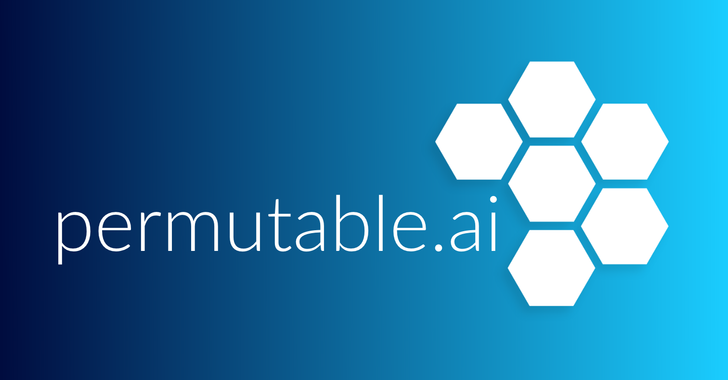As the field of artificial intelligence continues to advance, ethical considerations have become increasingly important. Permutable AI, a leading AI technology company, is at the forefront of ethical AI development and has recently shared actionable tips for ensuring ethical AI practices.
In an interview, Permutable AI's CEO, Wilson Chan, highlighted the significance of ethical AI development and provided valuable guidance for organizations committed to incorporating ethics into their AI projects. These actionable tips serve as a roadmap for organizations seeking to navigate the complex landscape of AI development responsibly.
The tips for ethical AI development shared by Permutable AI are as follows
1. Define Clear Ethical Guidelines: Establish a set of ethical principles that guide the development and deployment of AI systems, ensuring they align with societal values and respect human rights.
2. Foster Interdisciplinary Collaboration: Promote collaboration between AI researchers, ethicists, social scientists, and domain experts to ensure diverse perspectives and ethical considerations are incorporated into AI development.
3. Address Bias and Fairness: Regularly assess and mitigate biases in AI algorithms to ensure fair and unbiased decision-making. Use diverse and representative datasets to reduce the risk of perpetuating existing biases.
4. Transparent and Explainable AI: Strive for transparency in AI systems, allowing users and stakeholders to understand how decisions are made. Develop explainable AI models that provide clear justifications for their outputs.
5. Privacy and Data Protection: Prioritize the privacy and security of user data. Implement robust data protection measures, obtain informed consent, and anonymize or minimize personal data whenever possible.
6. User Empowerment and Control: Empower users by providing them with meaningful choices and control over their interactions with AI systems. Ensure transparency in data collection and allow users to opt out or modify their data usage preferences.
7. Continual Monitoring and Evaluation: Regularly monitor AI systems for potential ethical issues and biases. Implement mechanisms for ongoing evaluation and improvement, involving user feedback and audits.
8. Accountability and Responsibility: Clearly define roles and responsibilities in AI development, including accountability for the ethical implications of AI systems. Hold developers and organizations responsible for any negative consequences.
9. Ethical Considerations in Design: Incorporate ethical considerations into the design phase of AI systems. Anticipate potential risks and impacts on different stakeholders, and proactively address them.
These actionable tips underscore Permutable AI's commitment to developing and deploying AI technologies responsibly. The company believes that ethical AI development is crucial to fostering trust, ensuring fairness, and mitigating potential risks associated with AI.
Permutable AI invites individuals, organizations, and industry stakeholders to consider and implement these tips to ensure the ethical development of AI. By collectively adopting responsible practices, the AI community can create a positive and inclusive future powered by technology.
Read the full interview here.
Source: Story.KISSPR.com
Release ID: 617477

